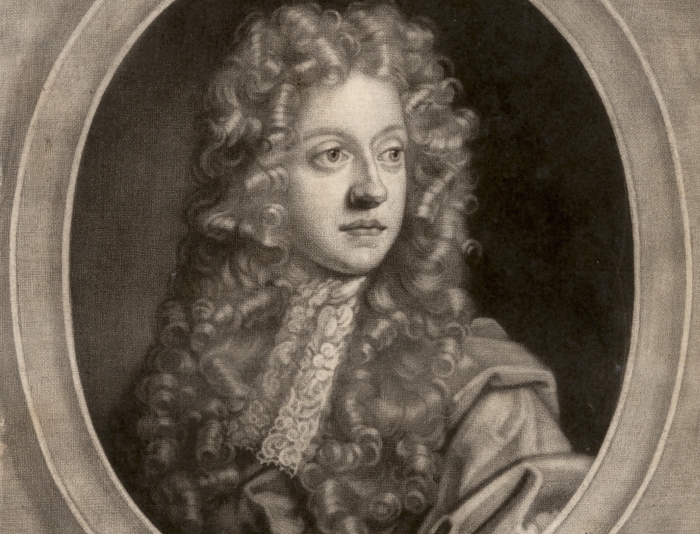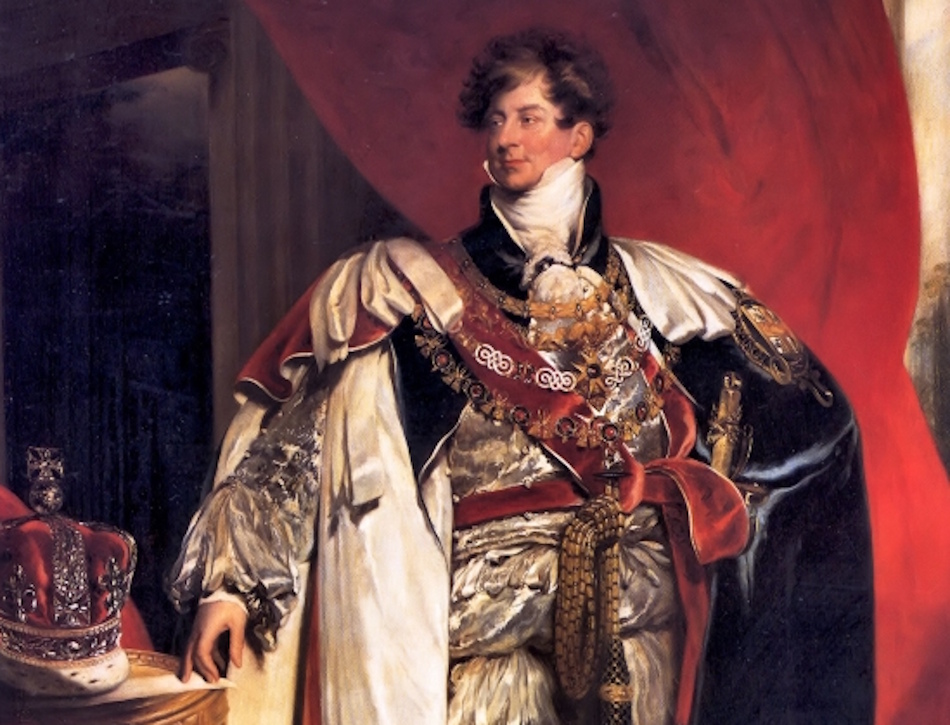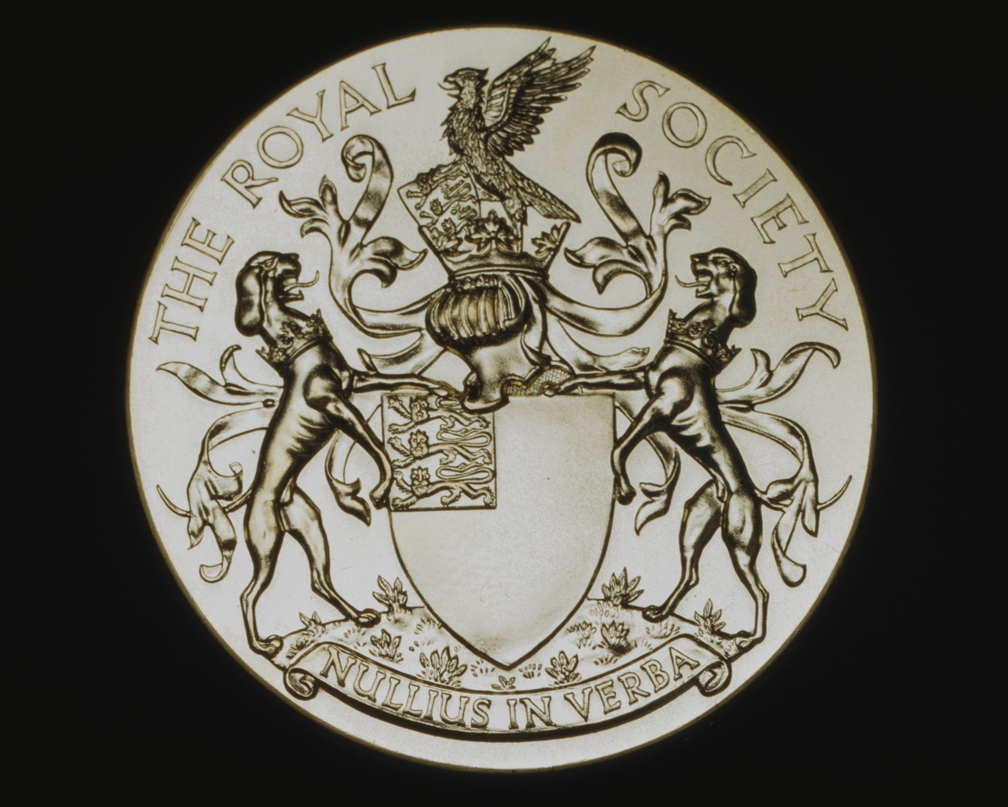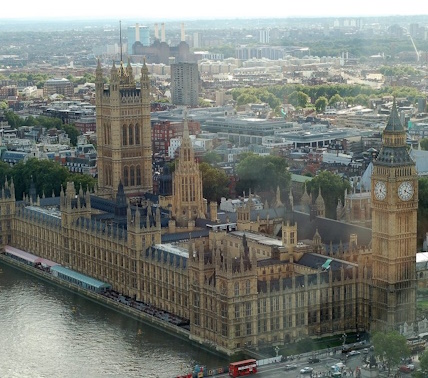A tenet of the Royal Society’s founding Charters of the 1660’s is to recognise, promote and support excellence in science. The Royal Society achieves this through its medals and awards and scientific meetings programmes.
Each year, the Society administers a number of medals, awards and prize lectureships which are awarded by Council in recognition of excellence in fields of science, technology, engineering and mathematics. They have been instituted at various times throughout the Society’s history, and several owe their existence to the generosity of donors who expressed wishes as to the purpose for which the medals might be awarded and the criteria that should govern their award.
The oldest and most prestigious, the Copley Medal, was first awarded in 1731 and many of our awards are open to teams as well as individuals. Recently we have established two new awards in support of one of our strategic priorities ‘Research System and Culture’. The Royal Society Hauksbee Award recognizes outstanding achievements in science to an individual or team whose work is mostly ‘behind the scenes’ and the Royal Society Research Culture Award recognises outstanding and sustained work in the improvement of the research system/research culture.
Prize lectures are delivered across the year and are open to the public to attend either in-person or watch online. Details of forthcoming lectures can be found here.
The scientific meetings programme, proposed by the community, brings together researchers from around the world, and across different disciplines to focus on a specific area where substantial scientific progress is being made. Proposals are reviewed by the Hooke Committee and the best are invited to organise a two-day conference, supported financially by the Royal Society and held in central London or at a venue in the UK.
The papers presented are often published in the Society’s journals, and the emphasis is on open, collaborative discussion and critical debate involving participants at all career stages.




